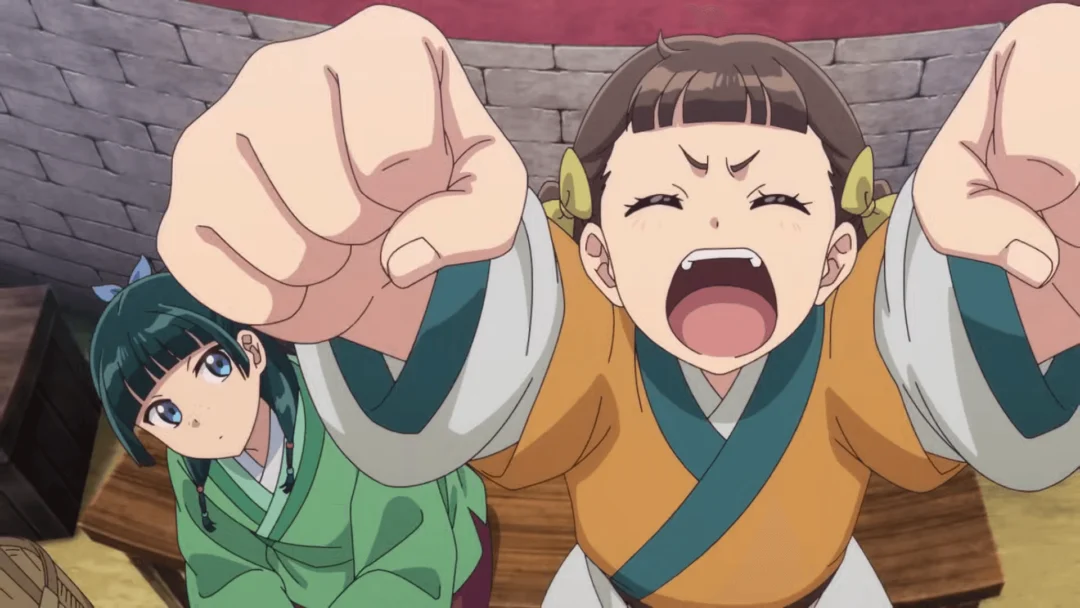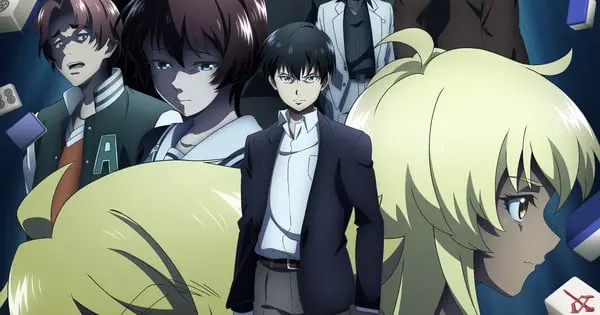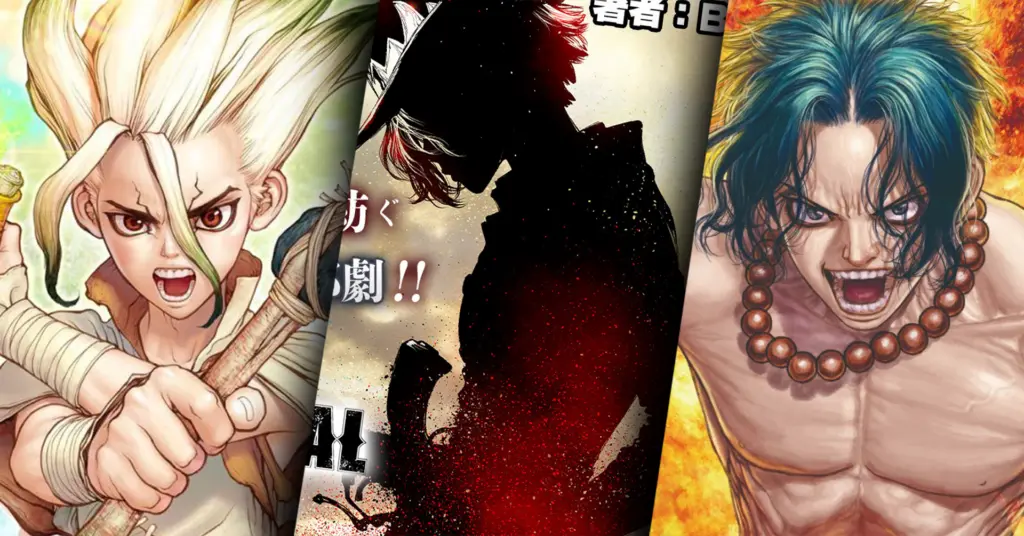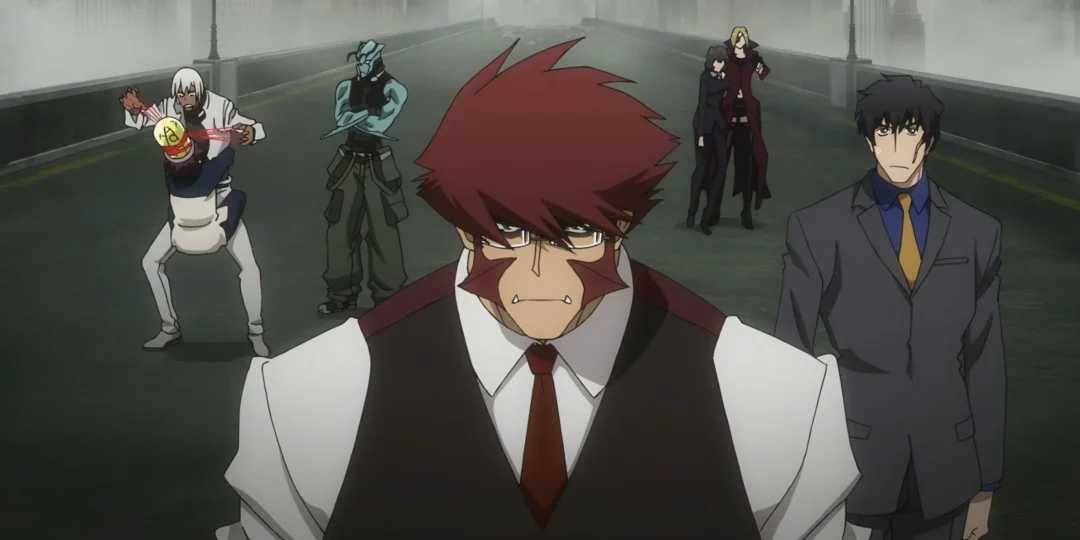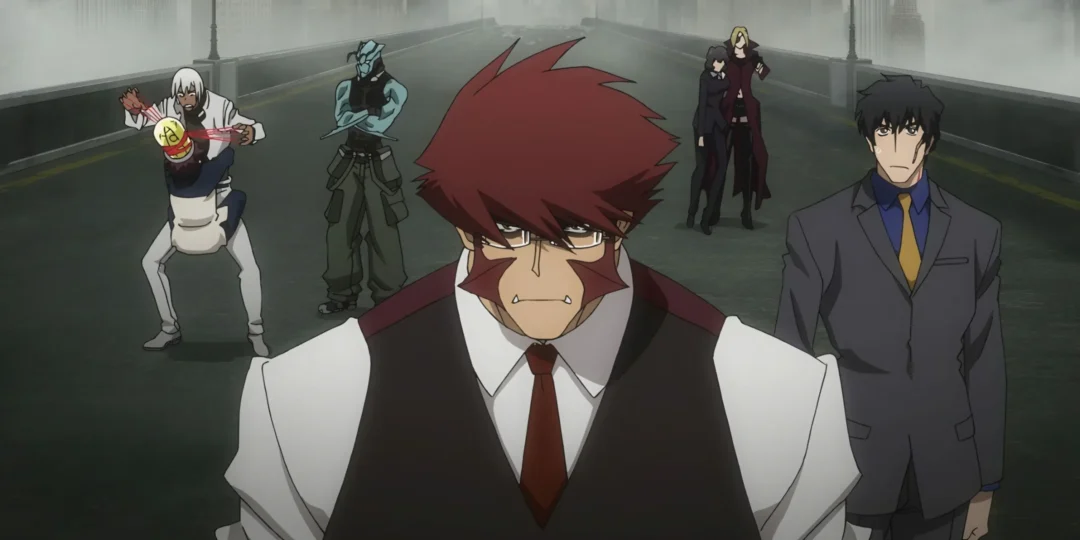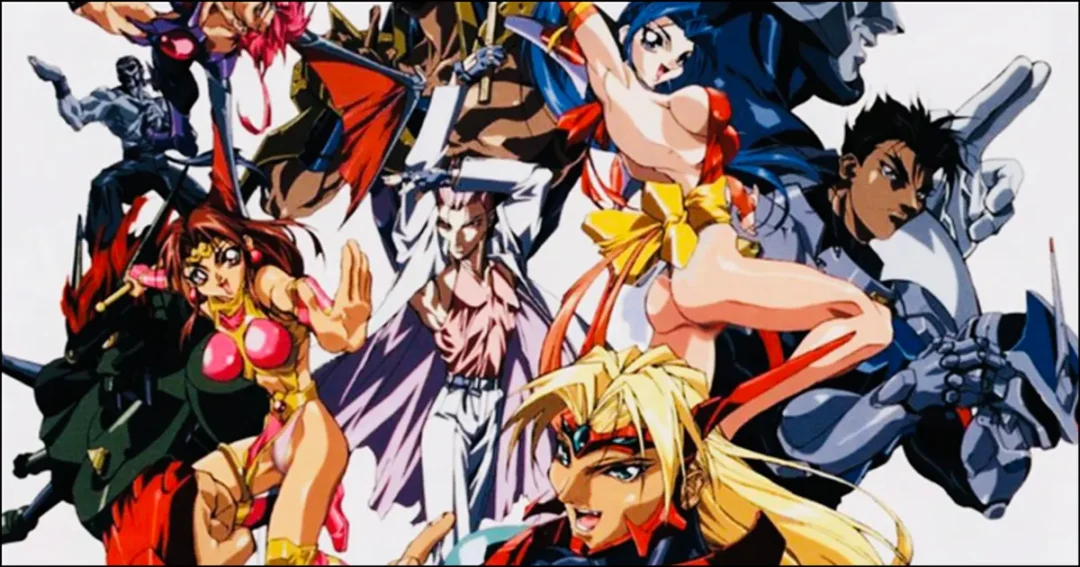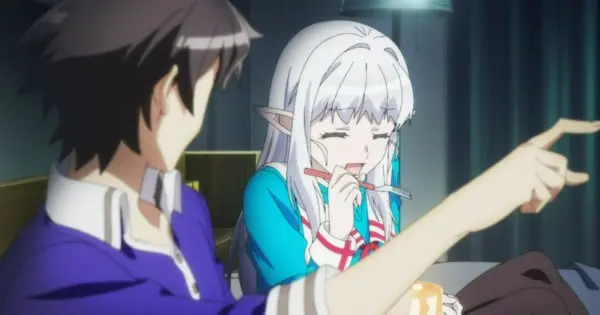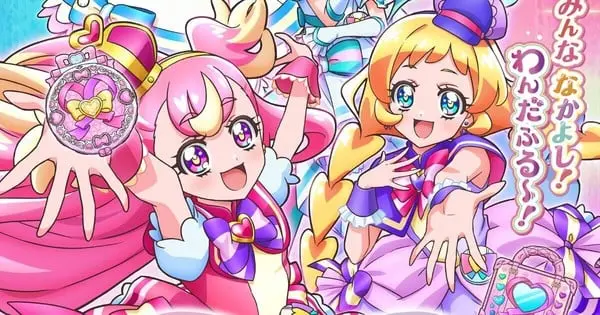A renowned anime director is on a quest to resurrect a fighting game he spearheaded three decades ago. However, a major obstacle stands in his way: the tangled web of intellectual property rights. This situation highlights the complexities surrounding video game ownership and the challenges faced when trying to revive older titles.
The Quest for a Comeback
The director, whose name is being withheld pending further developments, is a celebrated figure in the anime industry. He is known for his groundbreaking work on several hit series. His foray into video games 30 years ago resulted in a fighting game that, while not a commercial smash, garnered a cult following. Now, the director believes the game has the potential to be a major hit with modern audiences, but the rights to the game are proving difficult to ascertain.
Understanding Intellectual Property in Video Games
Video games are complex entities from an intellectual property standpoint. They are protected by a combination of copyright, trademarks, and sometimes patents. Copyright protects the expression of an idea, including the game’s code, artwork, music, storyline, and characters. Trademarks safeguard brand names and logos. Patents, although less common, can protect novel game mechanics or technology.
Copyright Law and Game Elements
Copyright law is crucial in the video game industry. It gives creators legal protection over their work, including the game’s source code, graphics, music, and narrative. This protection grants the copyright holder the exclusive right to reproduce, distribute, display, and create derivative works. Every element of a game, from its storyline and sound effects to its characters and graphic designs, is protected under various copyright laws.
Ownership of Intellectual Property
Generally, the creator of an intellectual property (IP) owns the rights to it. However, in the case of works created by employees, most countries stipulate that the employer automatically owns the IP. For companies in innovative industries, employment contracts usually include clauses explicitly transferring IP rights to the employer. This often means that the company that develops the game owns the IP rights.
The Labyrinth of Rights
The anime director’s challenge is compounded by the passage of time. Over the past 30 years, the ownership of the game might have shifted due to company acquisitions, mergers, or licensing agreements. It is not uncommon for developers to grant publishing rights to third-party companies who then hold the rights to distribute and market the game.
Navigating Publishing Agreements
Publishing agreements between developers and publishers detail the terms under which a publisher distributes and markets a game. These contracts include revenue sharing, marketing commitments, and intellectual property rights. Developers must carefully negotiate these agreements to protect their interests, especially creative control and financial aspects. Sometimes, these agreements involve transferring or licensing all or some of the IP rights to the publisher.
The Challenge of Older Games
Finding the current IP owner for older games can be difficult due to the lack of centralized databases. Copyright registries exist, but they are optional, and much of the intellectual property is unregistered. This means determining ownership often involves detective work, such as searching historical records or contacting previous publishers and developers.
Termination Rights
One factor that can complicate matters further is the possibility of authors reclaiming rights to their creations under U.S. Copyright Law, specifically Section 203 of the Copyright Act. This clause allows authors of works published after 1978 to reclaim their rights after a certain period, provided that proper notice is given, potentially impacting video games as well.
How to Find the Rightsholder
Several steps can be taken to identify the current owner of the game’s rights:
- Check the Original Game: The original game packaging, manual, or credits may contain contact information for the original developer or publisher. This information, even if outdated, can provide a starting point.
- Search Copyright Registries: Copyright registries like the U.S. Copyright Office (www.copyright.gov/records/) and similar offices in other countries can be searched, although registration is optional.
- Trademark Searches: Trademark searches at the U.S. Patent and Trademark Office (www.uspto.gov/trademarks/search) or similar offices can reveal the name of the owner of the game’s name or logo.
- Industry Contacts: Asking around within the gaming community, such as developers and publishers, may yield information.
- LinkedIn: Professionals in licensing and business development within the video game industry can provide leads or offer insights.
- Contact Original Publisher: If the original publisher is still active, they may hold the rights or know who does.
- Legal Assistance: Consulting a lawyer specializing in intellectual property law can provide guidance and assistance in tracking down the current rightsholder.
Potential Outcomes
Once the rightsholder is identified, the anime director has several options:
- Licensing: Obtain a license from the rightsholder to create a new version or remake of the game.
- Acquisition: If the rightsholder is willing to sell the IP, the director could purchase the rights.
- Collaboration: Partner with the current rightsholder to develop the game.
The Importance of Protecting Intellectual Property
This case underscores the significance of safeguarding intellectual property rights within the video game industry. The complex and evolving nature of IP requires developers to be vigilant in protecting their creations. Failure to do so can result in legal battles, lost revenue, and difficulties in reviving older games.
Evolving Legal Landscape
The legal landscape for game development can be complex, involving both national and international laws. As the industry continues to evolve, substantial investments are made in game development, making the protection of intellectual property a crucial component of the business. Understanding the legal considerations, including intellectual property rights, contracts, privacy laws, and compliance with international standards, is vital for all involved in the video game industry.
A Waiting Game
For the anime director, the road ahead is fraught with uncertainty. His passion for his forgotten fighting game is evident, but the legal hurdles are daunting. As this story unfolds, it serves as a reminder of the complexities of intellectual property rights in the gaming world and the importance of proper IP management. For now, the director’s dream of a comeback remains in limbo, depending on his success in navigating the legal labyrinth and discovering who controls the rights to his creation.

